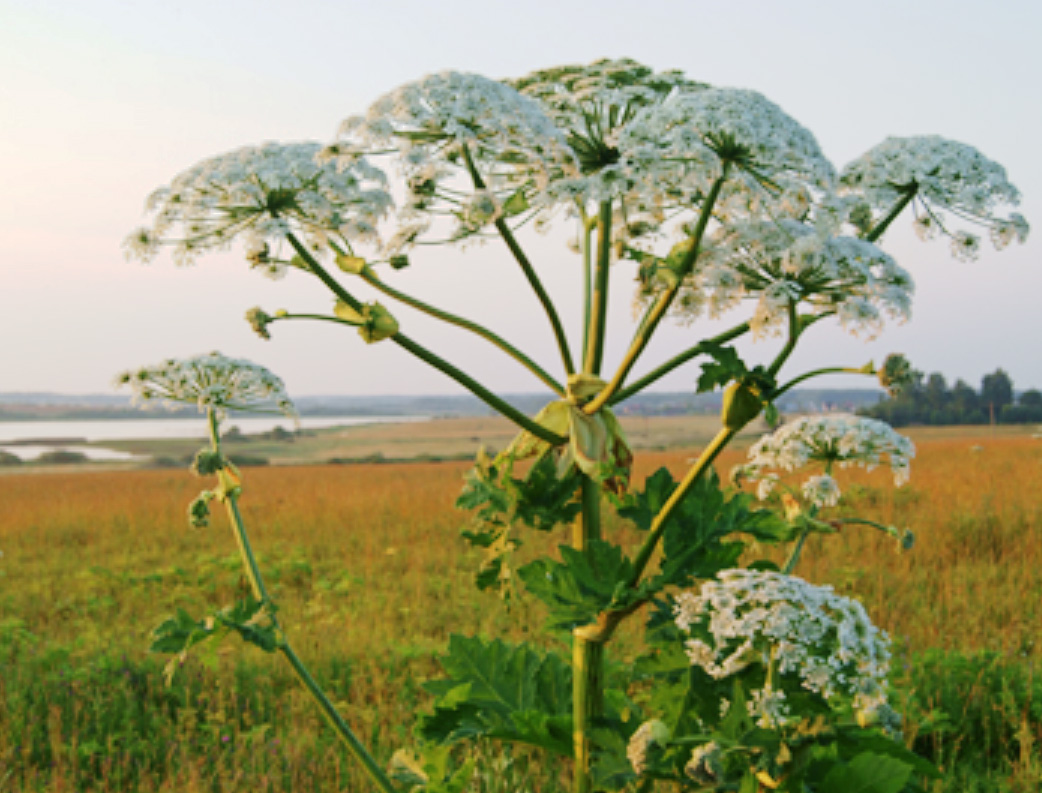WELLINGTON COUNTY – The county is asking residents to be on the lookout for noxious weeds, so they can controlled before serious infestations develop.
A county tweet on July 18 asked residents to contact Wellington County weed inspector Brad Carberry with any concerns, or go the weed page at wellington.ca.
The page has a list of 24 weeds considered noxious, with photos and information.
It includes giant hogweed, an invasive perennial plant which quickly grows new plants through roots and seeds. It is a high-profile weed because its sap, along with sunlight, can cause skin inflammation, burns and in serious circumstances, blindness if the sap gets into an eye. It is harmful to both people and pets.
Giant hogweed is part of the carrot family and can sometimes be confused with other common plants such as cow parsnip and angelica.
It grows in open, undisturbed sites with abundant light, but can be found in woodlands or partially shaded forest edges. It has tall flowering stalks.
The Grand River Conservation Authority (GRCA) says giant hogweed has been found on several of its properties, including near Belwood Lake.
The GRCA urges extreme caution in dealing with giant hogweed, asking people to notify them about sightings on GRCA land, and the county weed inspector about other lands.
Spraying with herbicide is recommended, but the plant can also be dug out of the ground. The area should be monitored in case new seeds germinate.
Protective gloves and clothing are required for anyone dealing with the plant, and these must be washed afterwards.
If any sap touches the skin, wash the affected area immediately with soap and water, keep the affected area out of the sun and see a doc




